- Category
- World
Why Russia’s Fall Could End Iran’s Rise
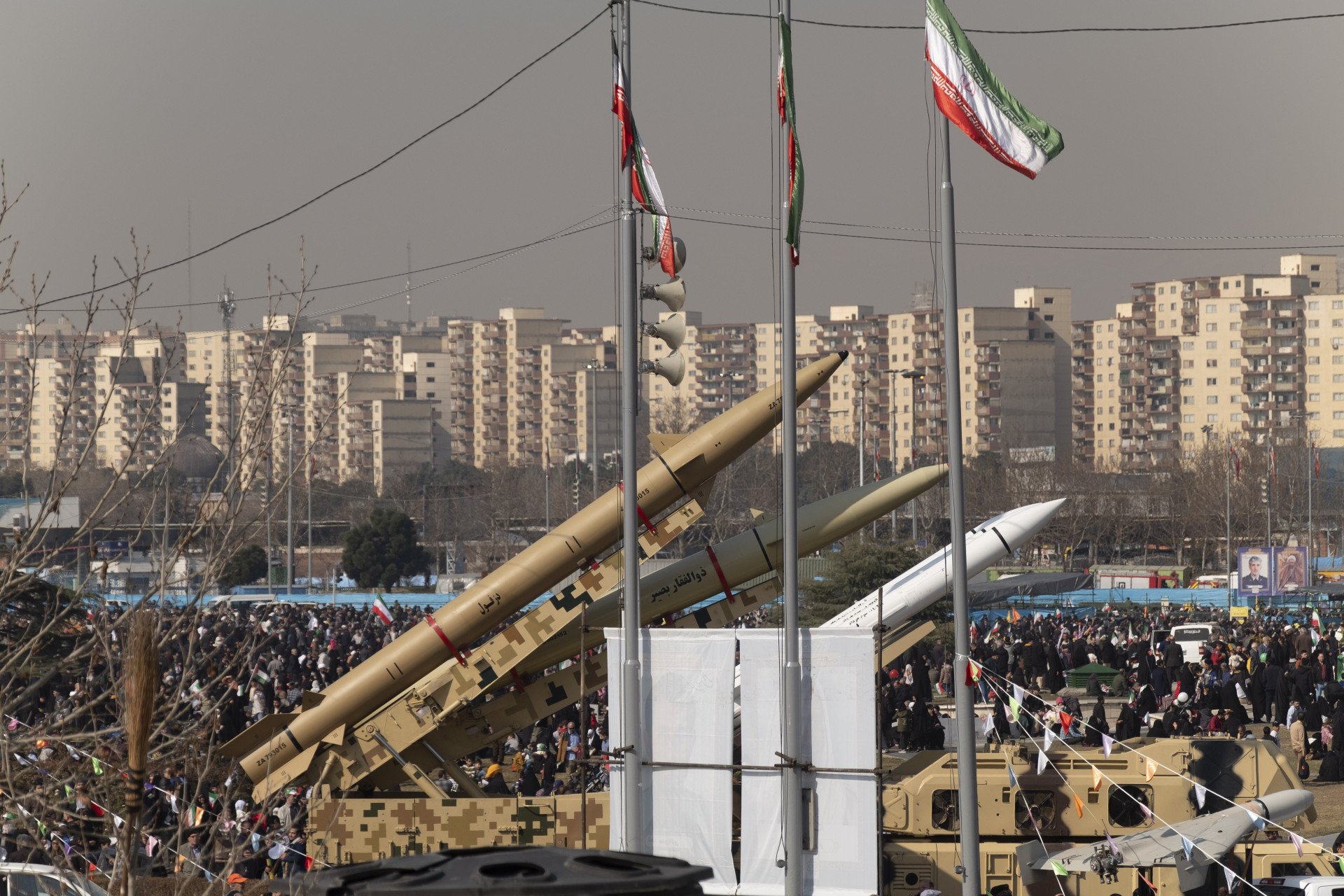
As Western powers struggle to rein in a defiant Iran, one option remains largely unexplored: targeting its powerful backers—like Russia.
After high-level talks between US and Iranian officials this weekend, Iranian Foreign Minister Abbas Araghchi is set to visit Moscow to continue nuclear negotiations, highlighting the growing ties between Tehran and the Kremlin.
It remains unclear whether officials will aim to end Iran’s nuclear program entirely or simply limit its capabilities. If Iran refuses to meet the Trump administration’s demands, the US may be left with few options.
One option that has received little attention is cutting Iran off from its most powerful backer: Russia.
Russia’s role in Iran’s nuclear aspirations
For years, Russia has profited from selling weapons to Western adversaries like Iran and Assad-era Syria. Its close ties with Iran date back to the collapse of the Soviet Union, when Russia became the country’s primary arms supplier.
Russia also played a key role in advancing Iran’s nuclear ambitions—constructing the country’s first nuclear power plant, which began operating in 2013, and signing contracts to build two more.
Even before that first plant came online, Russian scientists had traveled to Iran to exchange nuclear expertise. “You could fly a couple of Iranian scientists to Azramas, Penza—any of the Russian nuclear production facilities—and they could learn a lot in 24 hours,” says William Alberque, former NATO director of nuclear non-proliferation.
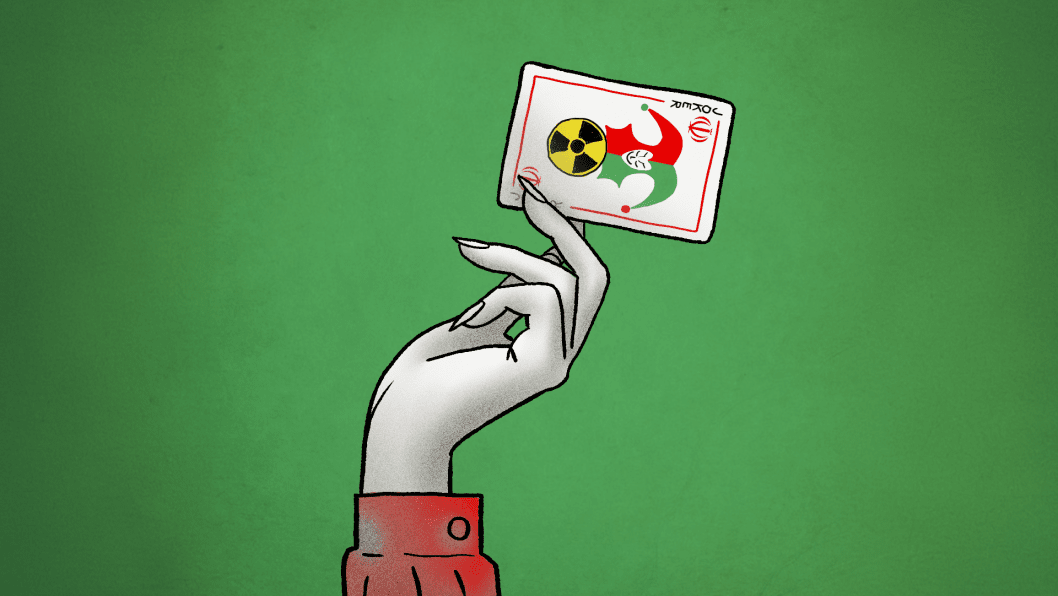
Now, Russia and Iran have launched visa-free travel for scientists between their two countries.
All of this comes on the heels of the two countries signing a 20-year “Comprehensive Strategic Military Partnership,” a deal that unites the two countries militarily, including a mutual defense clause in which one country promises to come to the aid of another if invaded.
Russia signed a similar deal with North Korea in 2024, signaling a shift in global alliances against Western nations and the launch of what Iran calls “The Axis of Resistance.”
Russian Arms Sales to Iran
In addition to advancing Iran’s nuclear program, Russia has a long history of supplying arms to Iran in defiance of Western sanctions.
In 2010, the US and Russia agreed to restrict the sale of certain weapons to Iran, including the S-300 missile system. But just five years later, Putin lifted those restrictions and sold the $800 million system to Iran—triggering alarm in both Washington and Tel Aviv.
Again in 2022, Western allies allege Russia and Iran signed a $1.7 billion deal supplying Shahed drones following Putin’s full-scale invasion of Ukraine. The US also alleges that Iran transferred short-range ballistic missiles to Iran since that time.
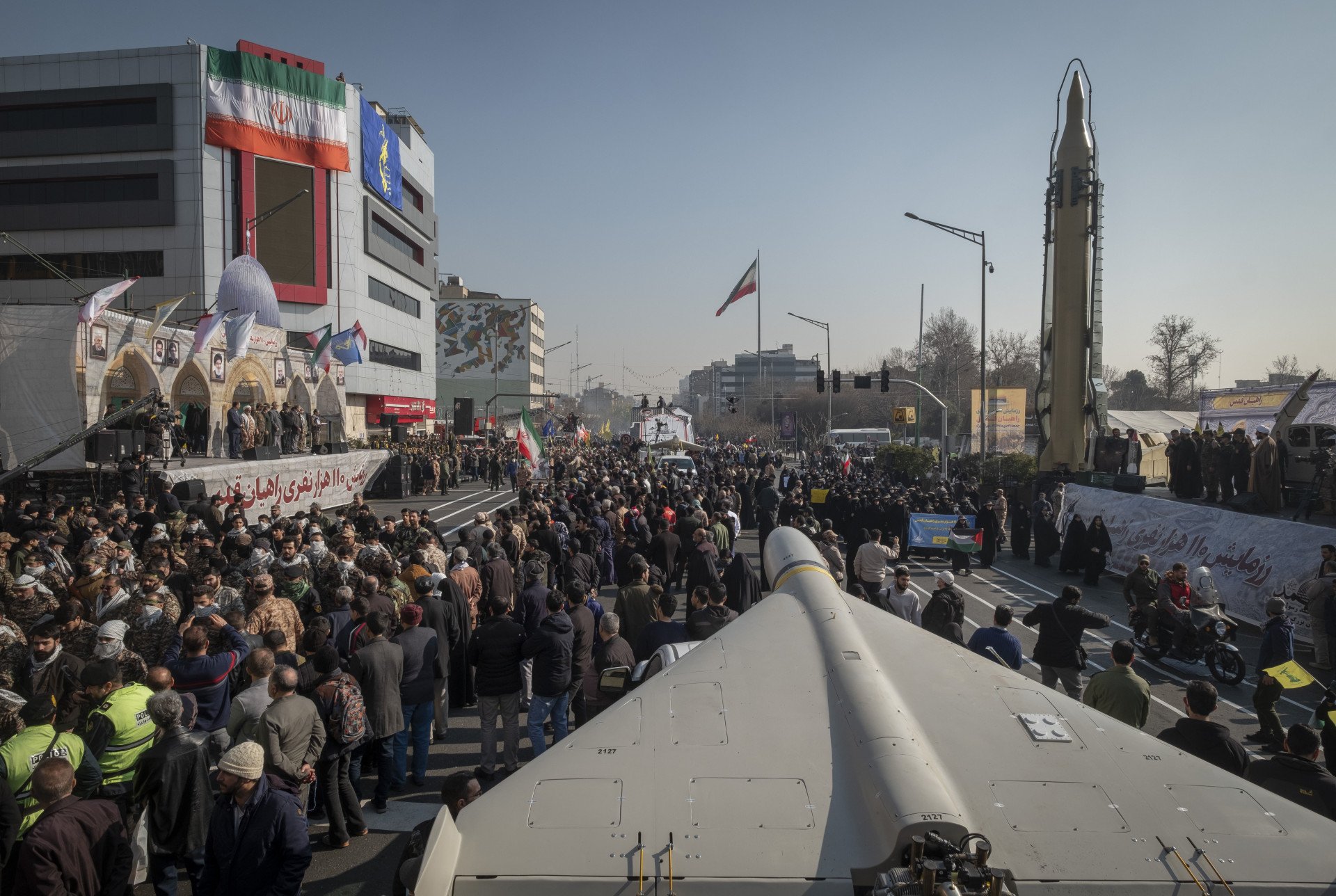
In return, Tehran hopes to acquire additional long-range air defense systems and other advanced weapons. In 2023, Iran purchased the Yak-130 trainer aircraft, signaling its ambition to acquire Russia’s newest Su-35 fighter jet.
Russia has repeatedly armed Iran in defiance of Western sanctions—supplying everything from missile systems to drones. In return, Tehran is seeking even more advanced weapons, including long-range air defenses and fighter jets.
Russia and Iran’s support of Assad
The relationship between Russia and Iran goes beyond arms sales—it also extends to foreign policy. After the war in Syria broke out in 2011, both countries backed Bashar al-Assad’s regime.
In 2015, Russia launched a full-scale military campaign in Syria to bolster Assad and protect its strategic interests, including its naval base in Tartus. Despite global condemnation of Assad’s actions, Russia stood firmly behind him. Putin’s alliance with Iran in supporting Assad often put Russia at odds with the majority of the UN Security Council.
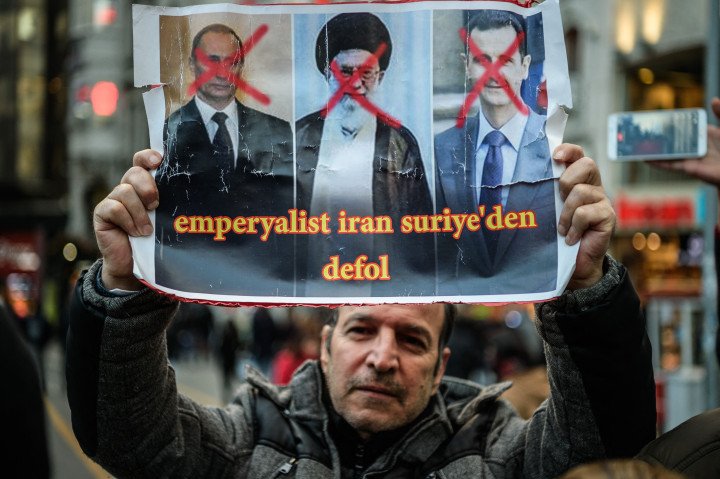
Even earlier, in 2013, Russia helped broker a deal with the US to eliminate Syria’s chemical weapons stockpiles after Assad used them on civilians—only to later shield him in subsequent Security Council votes.
So what does it all mean?
The fall of Assad marked a major blow to what Tehran called the “Axis of Resistance”—an alliance between Russia, Iran, and Syria aimed at countering Israel, the US, and Western allies. This setback was especially significant in the wake of Israel’s offensives against Iran-backed militants like Hamas in Gaza and Hezbollah in Lebanon.
While Western powers have made gains in weakening this axis in the Middle East, Iran’s position remains firm—largely because of continued support from Russia. Without Russian backing, Assad’s regime collapsed. Without similar support, Iran might face the same fate. To truly isolate Tehran, the US must also confront the power arming and enabling it.
But Russia shows no signs of changing course. When asked by Reuters about upcoming high-level talks in Oman, Russian Foreign Ministry spokesperson Maria Zakharova said, “Indeed, the world is growing tired of the endless threats against Iran… There is a growing understanding that bombing cannot pave the way to peace.” The irony is stark, given Russia’s ongoing aggression in Ukraine.
Zakharova’s comments make one thing clear: Russia does not view Iran as a threat—and has no intention of siding with the West.
-fca37bf6b0e73483220d55f0816978cf.jpeg)
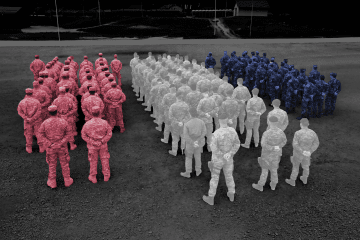
-605be766de04ba3d21b67fb76a76786a.jpg)
-27ef304a0bfb28cb4215e5deede4a665.png)
-46f6afa2f66d31ff3df8ea1a8f5524ec.jpg)

-2c683d1619a06f3b17d6ca7dd11ad5a1.jpg)
